11 Surprising Foods That Could Be Spiking Your Blood Pressure Daily
In our fast-paced world, where convenience often trumps nutrition, hidden dangers lurk in the foods we consume daily. Among these stealthy adversaries are the triggers that can elevate blood pressure, a condition that affects millions globally. High blood pressure, or hypertension, is often dubbed the "silent killer" because it can progress without noticeable symptoms, yet it significantly increases the risk of heart disease, stroke, and kidney failure. Understanding the dietary elements that contribute to this condition is crucial for maintaining optimal health. This article aims to illuminate these hidden triggers, offering essential tips to shield yourself effectively. By exploring the intersection of diet and blood pressure, we can empower ourselves to make informed choices that promote long-term well-being. Each section of this article delves into specific dietary components or habits that may unknowingly contribute to hypertension, providing insights and practical strategies to mitigate their impact. Let's begin!
1. Sodium: The Stealthy Saboteur
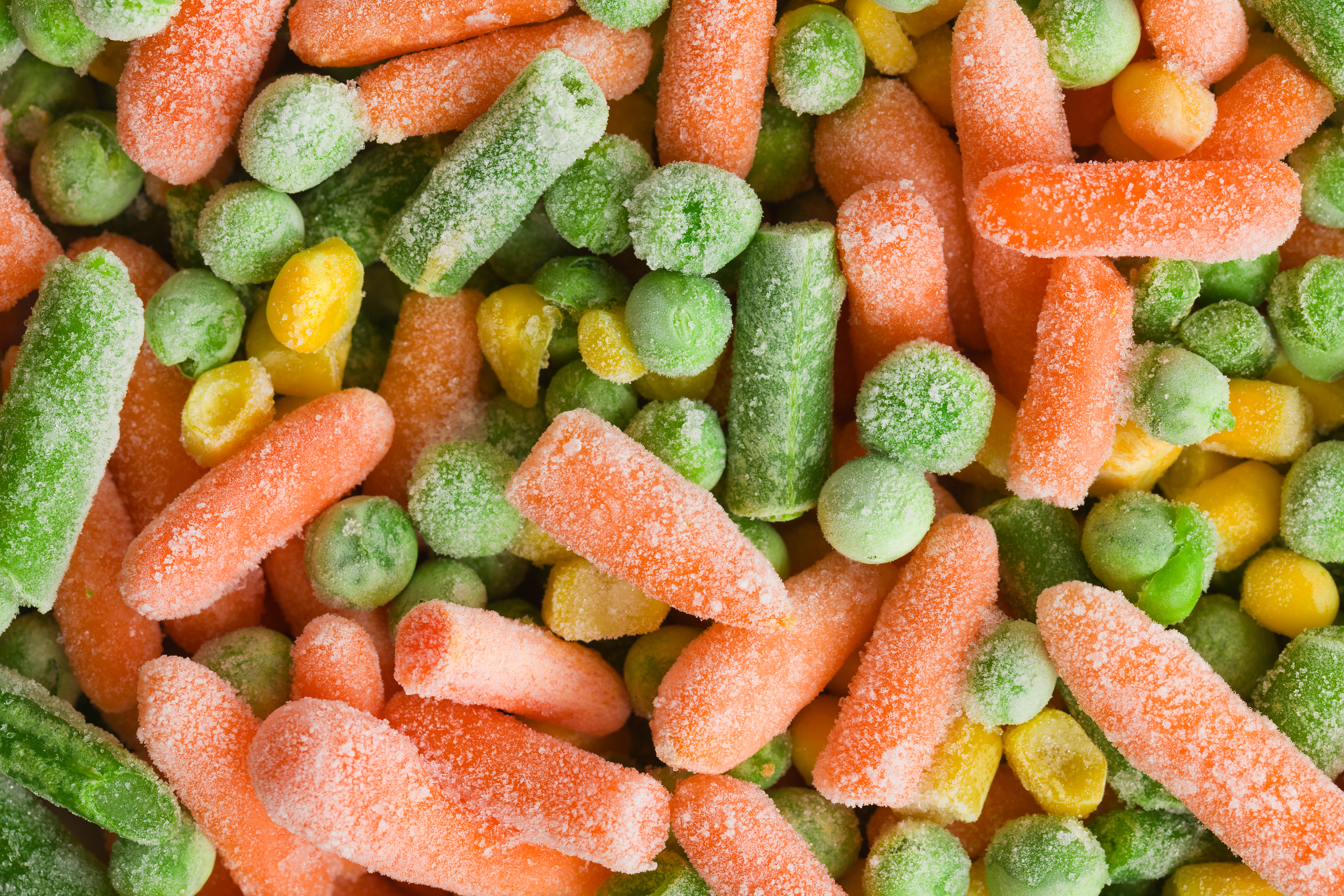
Sodium is one of the most notorious contributors to high blood pressure. While it's an essential mineral necessary for bodily functions, excessive intake can lead to hypertension. The average diet, particularly in Western countries, is laden with sodium, often hidden in processed and packaged foods. From canned soups to frozen dinners and even seemingly innocuous snacks, sodium is a ubiquitous ingredient. It's crucial to be vigilant about reading labels and understanding the sodium content in foods. Reducing sodium intake can significantly lower blood pressure, and opting for fresh, whole foods over processed ones is a practical step towards achieving this. Additionally, experimenting with herbs and spices as alternatives to salt can enhance flavor without the adverse effects on blood pressure.
2. Sugar: The Sweet Deception
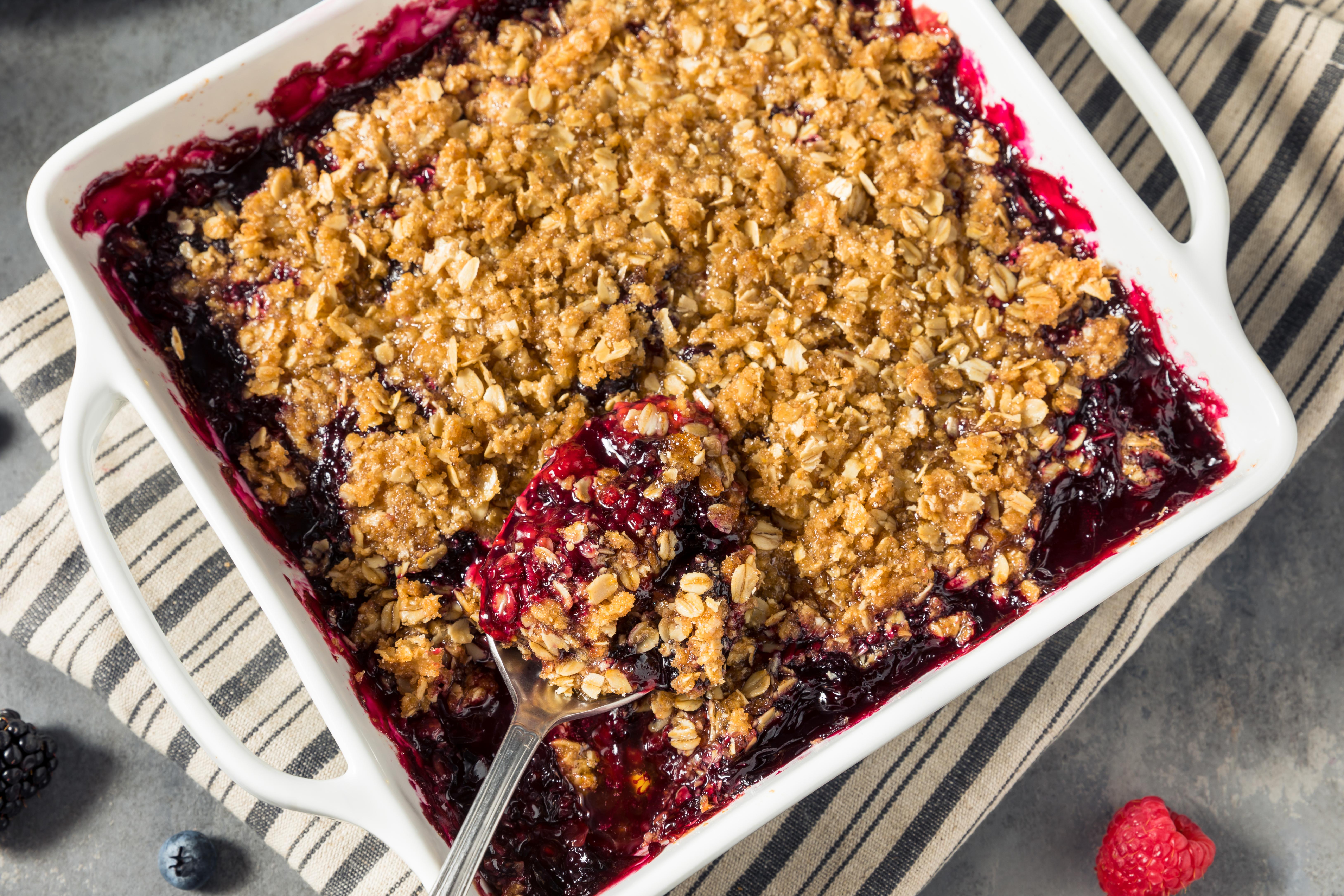
While sugar is often associated with weight gain and diabetes, its impact on blood pressure is less commonly discussed. High sugar consumption, particularly from sugary drinks and desserts, can lead to weight gain, a significant risk factor for hypertension. Moreover, sugar can directly affect blood pressure through mechanisms involving insulin resistance and inflammation. Reducing sugar intake, especially from added sugars, is a crucial step in managing blood pressure. Opting for natural sweeteners, such as honey or maple syrup, in moderation, and prioritizing whole fruits over fruit juices can help reduce sugar consumption. Being mindful of hidden sugars in processed foods is also essential in maintaining a heart-healthy diet.
3. The Caffeine Conundrum
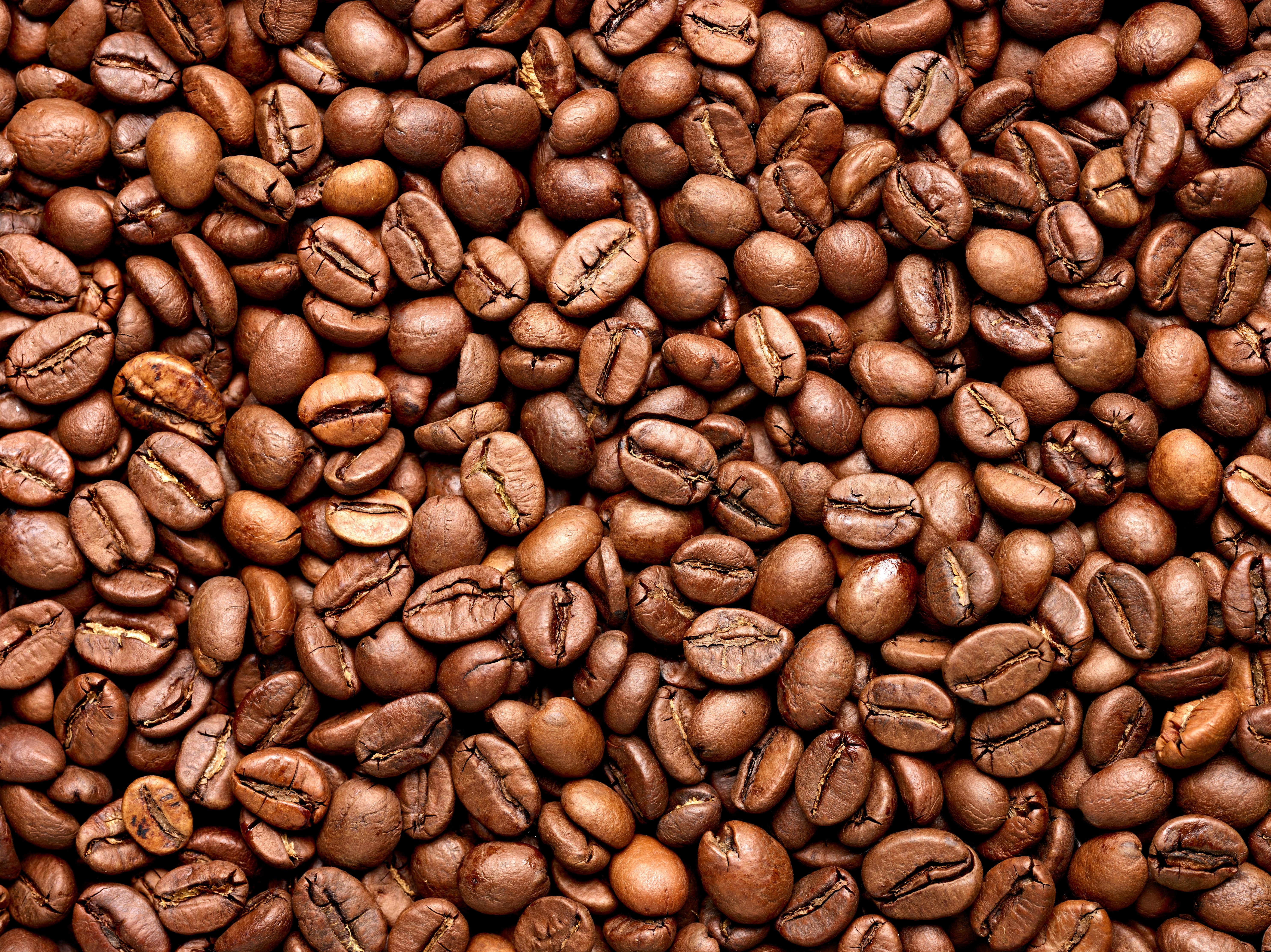
Caffeine, a staple in many people's daily routine, can have a complex relationship with blood pressure. While moderate caffeine consumption is generally considered safe for most people, excessive intake can lead to temporary spikes in blood pressure. For individuals sensitive to caffeine or those with existing hypertension, these spikes can be more pronounced. It's important to monitor your body's response to caffeine and adjust your intake accordingly. Switching to decaffeinated beverages, reducing the number of caffeinated drinks consumed daily, and avoiding caffeine close to bedtime can help mitigate its impact on blood pressure. Understanding your personal tolerance and making informed choices can aid in managing potential risks associated with caffeine consumption.
4. Alcohol: Balancing Benefits and Risks

The relationship between alcohol and blood pressure is a double-edged sword. While moderate alcohol consumption has been associated with certain cardiovascular benefits, excessive drinking can lead to a significant increase in blood pressure. Alcohol can interfere with the effectiveness of blood pressure medications and contribute to weight gain, further exacerbating hypertension. It's vital to adhere to recommended guidelines, which suggest moderate consumption—up to one drink per day for women and two for men. Choosing heart-healthy options like red wine, which contains beneficial antioxidants, and ensuring alcohol intake remains within safe limits can help balance the potential benefits and risks.
5. Processed Foods: The Hidden Culprits
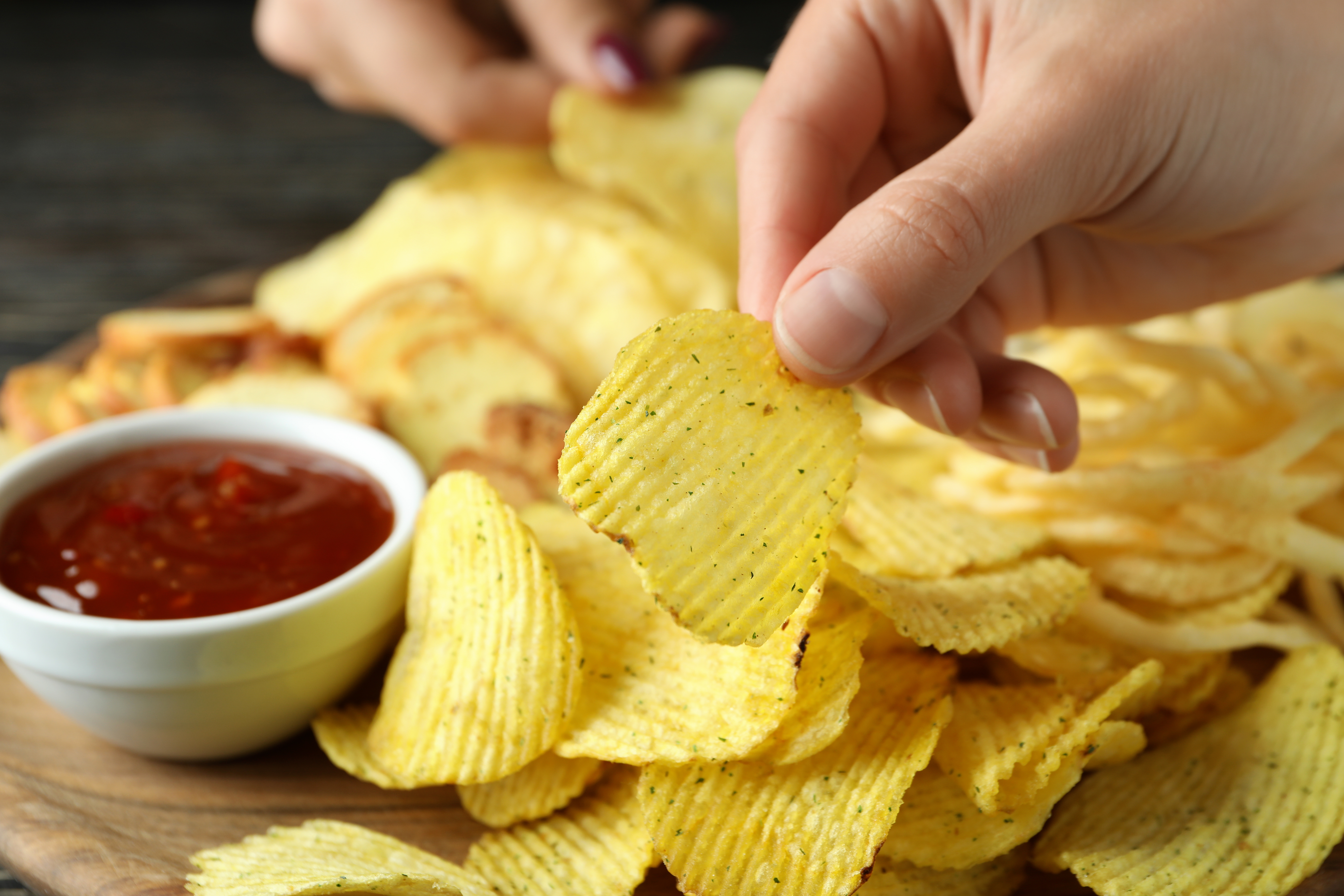
Processed foods are a major source of hidden blood pressure triggers. These foods often contain high levels of sodium, unhealthy fats, and sugars, all of which can contribute to hypertension. The convenience of processed foods comes at a cost to health, as these items are designed to be shelf-stable and palatable, often at the expense of nutritional value. Being aware of the ingredients in processed foods and opting for minimally processed alternatives can significantly reduce exposure to these hidden triggers. Preparing meals at home using fresh ingredients allows for better control over the intake of harmful substances and supports a heart-healthy diet.
6. Trans Fats: The Unseen Adversary
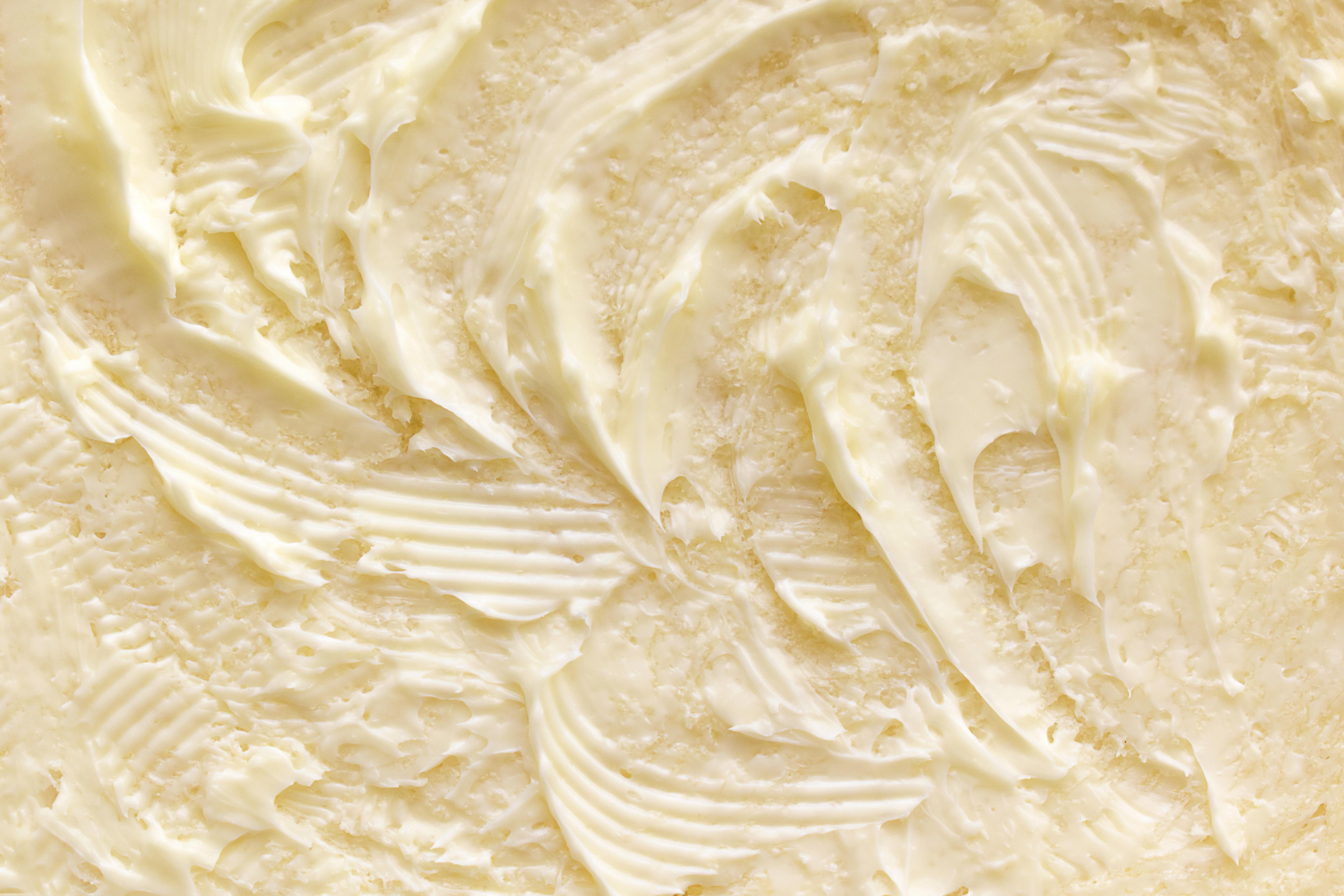
Trans fats, often found in fried foods, baked goods, and margarine, are detrimental to heart health. These fats can raise bad cholesterol levels while lowering good cholesterol, leading to an increased risk of hypertension and heart disease. The consumption of trans fats has been linked to inflammation and insulin resistance, both of which can contribute to elevated blood pressure. Avoiding foods that contain partially hydrogenated oils, the primary source of trans fats, is essential for maintaining healthy blood pressure levels. Instead, opting for healthier fats, such as those found in olive oil, avocados, and nuts, can support cardiovascular health and reduce the risk of hypertension.
7. The Role of Potassium: A Balancing Act
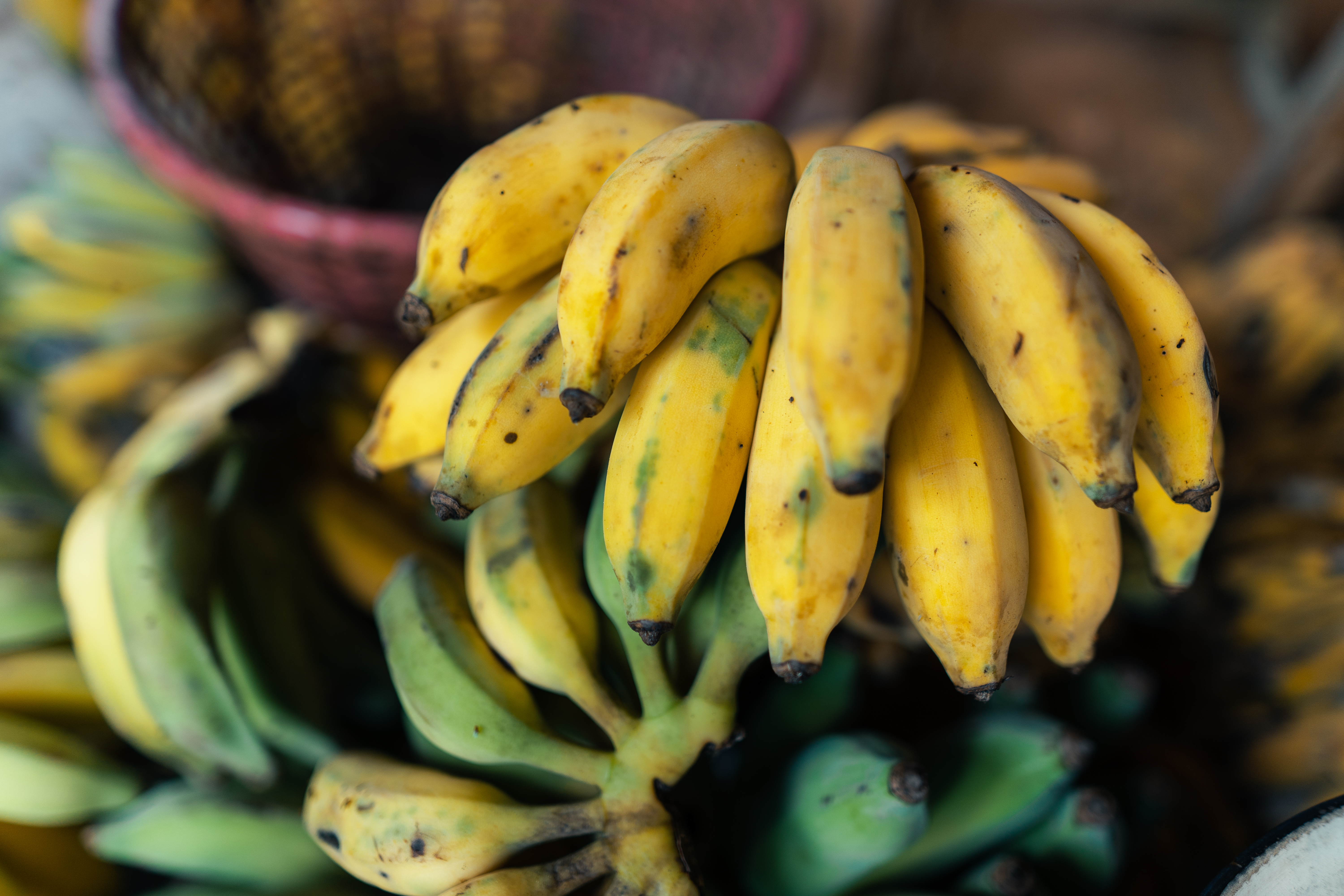
Potassium is a vital mineral that plays a key role in managing blood pressure. It helps balance sodium levels in the body and supports heart function. A diet rich in potassium can help counteract the effects of sodium and reduce blood pressure. Foods high in potassium, such as bananas, sweet potatoes, spinach, and beans, should be incorporated into daily meals. However, individuals with kidney issues should be cautious with potassium intake and consult healthcare providers for personalized advice. Emphasizing a diet that includes a variety of potassium-rich foods can enhance heart health and aid in blood pressure management.
8. The Impact of Stress-Related Eating

Stress can have a profound impact on eating habits, often leading to the consumption of comfort foods high in sodium, sugar, and unhealthy fats. This stress-induced eating can contribute to elevated blood pressure. Learning to manage stress through techniques such as mindfulness, exercise, and relaxation can help prevent stress-related dietary pitfalls. Developing healthy coping mechanisms and being mindful of emotional eating triggers can support better food choices. By addressing the root causes of stress and its impact on diet, individuals can create a more balanced approach to eating that supports overall health and blood pressure management.
9. The Importance of Portion Control
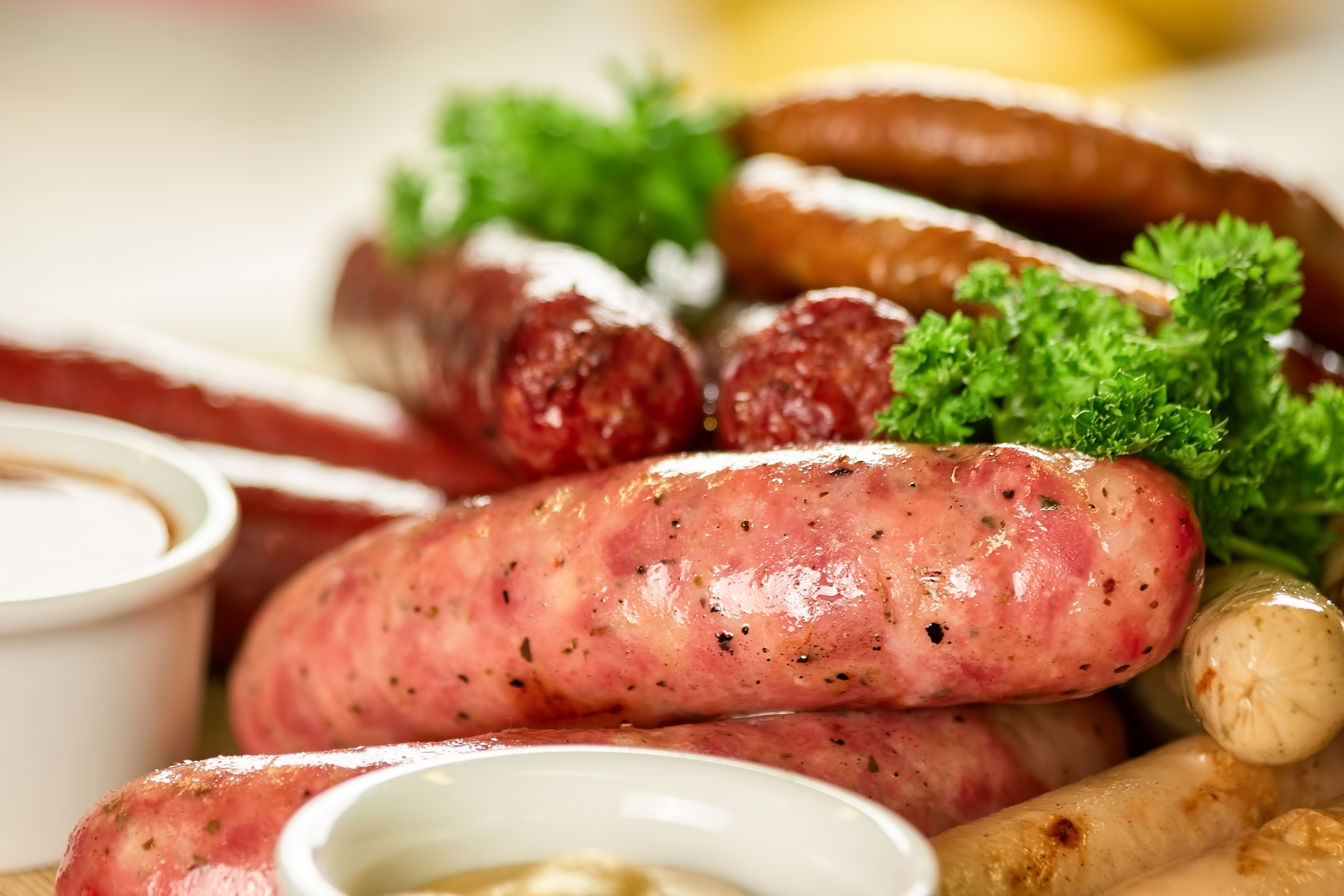
Portion sizes have increased dramatically over the years, contributing to the overconsumption of calories, sodium, and unhealthy fats—all factors that can elevate blood pressure. Being mindful of portion sizes and practicing moderation can help manage weight and reduce the risk of hypertension. Using smaller plates, measuring serving sizes, and being aware of hunger cues are practical strategies for controlling portions. By focusing on quality over quantity and savoring meals, individuals can enjoy their food while maintaining a heart-healthy diet. Conscious eating practices not only support blood pressure management but also promote overall well-being.
10. Hydration: The Unsung Hero

Adequate hydration is essential for maintaining healthy blood pressure levels. Dehydration can lead to an increase in blood pressure as the body attempts to conserve water by constricting blood vessels. Drinking sufficient water throughout the day supports optimal bodily functions and can help regulate blood pressure. Replacing sugary drinks with water and herbal teas can reduce sugar intake while promoting hydration. Monitoring fluid intake, especially during physical activity or hot weather, ensures that the body remains well-hydrated. Emphasizing the importance of hydration as part of a heart-healthy lifestyle can support blood pressure management and overall health.
11. The Influence of Dietary Patterns

Dietary patterns, such as the Mediterranean diet and the DASH (Dietary Approaches to Stop Hypertension) diet, have been shown to have a positive impact on blood pressure. These diets emphasize whole foods, fruits, vegetables, lean proteins, and healthy fats while limiting processed foods, sodium, and sugars. Adopting such dietary patterns can provide a holistic approach to managing blood pressure and improving cardiovascular health. Understanding the principles of these diets and incorporating them into daily meals can lead to sustainable lifestyle changes. By focusing on nutrient-dense foods and balanced meals, individuals can support heart health and reduce the risk of hypertension.
Navigating the complexities of diet and blood pressure requires awareness and informed decision-making. By identifying and addressing hidden dietary triggers, individuals can take proactive steps towards managing their blood pressure and reducing the risk of associated health complications. This article has highlighted essential tips and strategies to shield yourself from these hidden triggers, emphasizing the importance of moderation, mindful eating, and balanced nutrition. Empowering yourself with knowledge and making conscious choices can pave the way for a healthier future. As you embark on this journey towards better health, remember that small, consistent changes can lead to significant improvements in well-being and quality of life.
